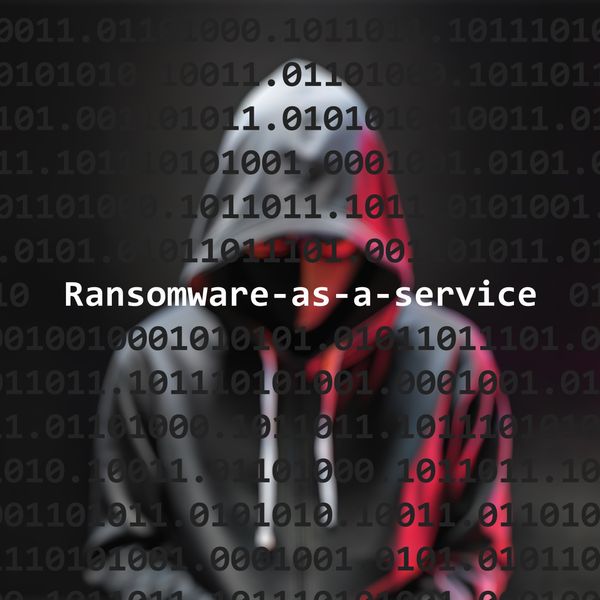Is It Time to Invest in a Network Server?
Take a look around your office. Are there more than four or five computers networked together? If so, how do you manage those computers to ensure that your company data stays safe?
Growing companies often add workstations to accommodate new employees or enhance their computing power. Unfortunately, they sometimes forget to consider the network setup, which makes a big difference in system security and reliability. Networking your workstations together in a peer-to-peer configuration can work with a few machines, but once you have half a dozen and more you may find yourself struggling to back up and secure each individual computer. If this predicament sounds familiar, it may be time to consider investing in a network server.
Role of the Server
A server is a machine designed to store, manage, and deliver data to the workstations in your network. Servers are typically more powerful than your average workstation and offer redundant hard drives and hot-swappable components. While a regular computer can serve as a network server, it may not offer the kind of scalability and security that a server can provide.
Centralized Storage
Investing in a server is sometimes expensive, but there are a few important reasons to switch your network to a "client/server" setup. First of all, network servers offer enhanced security features. You can manage and define access rights for your data from a central place, instead of having files distributed throughout the network. You may not want your sales team to be able to access files from your accounting department, for example, and you can set passwords that will define who can view which files.
Centralized storage also allows scheduled backups on one machine; you don't have to rely on individuals to perform regular backups on their computers. These days there is an array of backup options for small businesses, including traditional magnetic tape backups, Network-Attached Storage (NAS) devices, and remote backup services.
First Line of Defense Against Viruses
The cases of viruses, worms, and spam also pose some of the greatest risks to your network. When all of your computers are networked together, you run the risk of the entire network becoming infected by a corrupt file from one machine. In the client/server setup, you can monitor virus and worm protection on a central machine, thereby ensuring that your security software is up-to-date.
In addition, there is a variety of software that allows network administrators to deploy virus scans and security measures to every computer in your network from one central server. In this way, you can cut down on the time it takes to protect all of your machines.
Increased Security, Reliability
Extra security and reliability are also built into the hardware. Servers are designed to run even during hardware or power failures, because they use redundant disk drives and power supplies. Compare this to a p-to-p network, where information stored on a computer can be lost if the machine goes down, and you'll see the obvious advantage to network servers.
Servers also feature hot-swappable components. These are hardware components that, if they fail, can be removed and replaced while the server is still running. Shutting down a computer just to repair a component can result in a loss of productivity, so this is a valuable feature.
Again, you don't have this option in a p-to-p configuration — if a machine malfunctions it must be shut down to be repaired, and the data on that machine will be inaccessible until it is fixed.
There are a host of advantages to investing in a network server, and prices have come down significantly in recent years. If you are having a hard time managing your business network, it could well be worth the time and money to rethink your network strategy.
Scarlet Pruitt is a freelance writer and business consultant based in San Francisco. She has covered business and technology for publications in the U.S., Europe, and Latin America.



